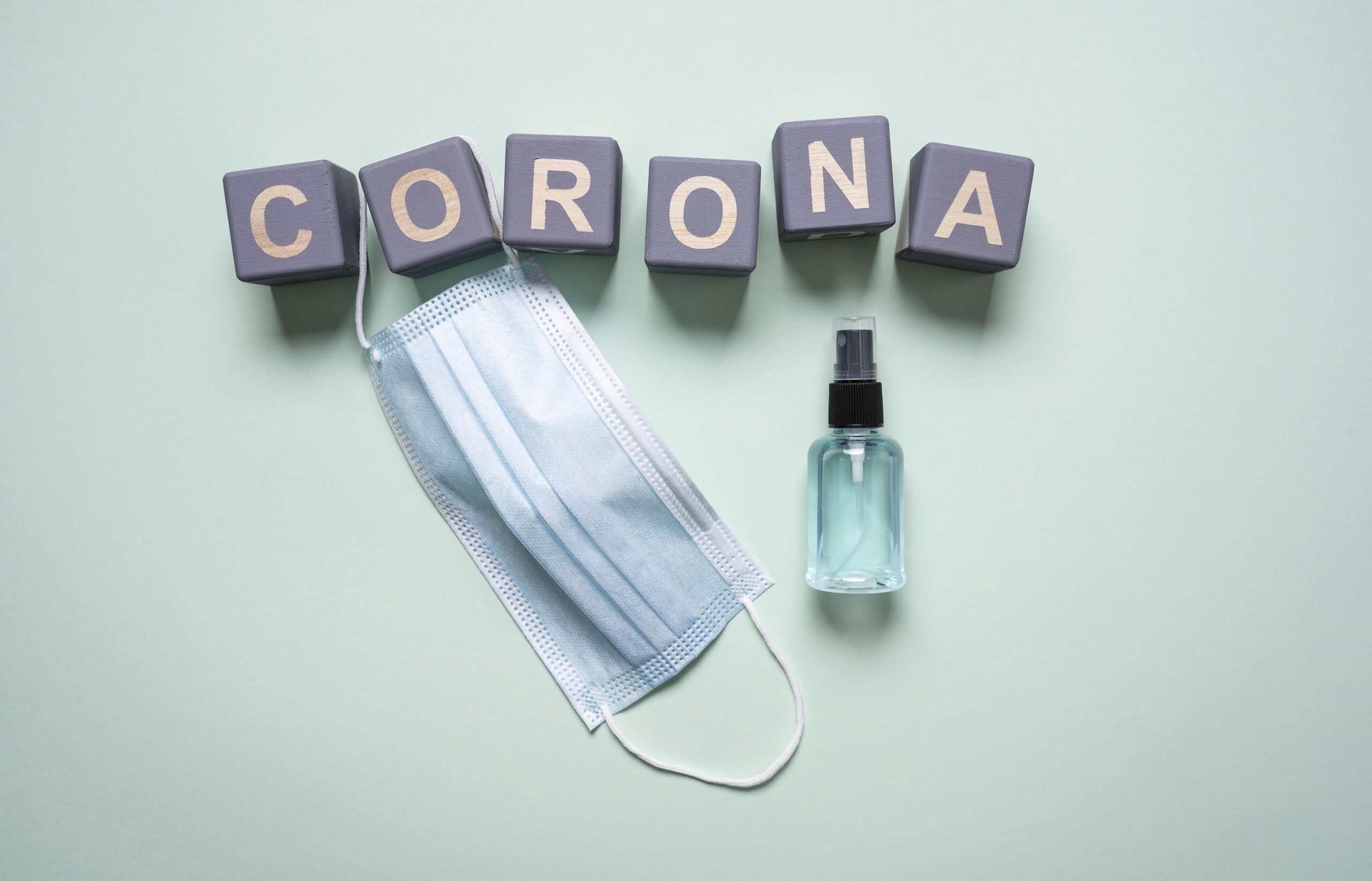
Impact of COVID-19 on Period Poverty
The COVID-19 pandemic disrupted lives in countless ways, but one of the often-overlooked consequences was its impact on period poverty. As lockdowns, financial hardships, and health crises unfolded, access to menstrual hygiene products became increasingly difficult for millions of girls and women worldwide.
The pandemic magnified inequalities, bringing menstrual health into the shadows and intensifying struggles for those already at risk.
How the Pandemic Exacerbated Period Poverty
Limited Access to Menstrual Products
During the pandemic, many people lost their jobs, schools shut down, and social support systems were stretched thin. These disruptions meant that access to menstrual hygiene products became a challenge. With financial instability, even basic sanitary items became unaffordable for some. Additionally, store closures and restricted mobility meant fewer opportunities to purchase or receive free menstrual supplies from community centers or schools.
Disruptions to Community Support and Assistance
Before the pandemic, many relied on schools, NGOs, and public spaces for access to free menstrual products. However, lockdowns and restrictions meant that these crucial support networks were disrupted. Many organizations that distributed free sanitary products were unable to operate at full capacity, leaving those in need without reliable assistance.
The Rising Cost of Menstrual Products
The economic instability caused by the pandemic led to increased prices for essential goods, including menstrual hygiene products. As supply chain disruptions affected production and distribution, these items became less accessible to marginalized communities. This financial strain left many choosing between necessities like food and rent over menstrual health needs.
The Mental and Emotional Toll of Period Poverty
Period poverty is not just about the physical lack of menstrual products—it has serious emotional and psychological effects. The pandemic amplified stress, anxiety, and isolation, making period poverty even harder to endure.
- Shame and Stigma: The stigma surrounding menstruation intensified during the pandemic, as people had fewer opportunities to seek help or speak openly about their struggles.
- Disruptions to Education and Work: Many girls and women missed school or work due to a lack of menstrual products, further deepening economic and educational disparities.
- Impact on Mental Health: Feelings of embarrassment, helplessness, and exclusion became more common, contributing to declining mental health and self-esteem.
What Needs to Be Done Moving Forward
The pandemic highlighted an urgent need for systemic change in addressing period poverty. Here’s how we can move forward:
1. Ensure Affordable and Accessible Menstrual Products
Governments and organizations must work toward making menstrual hygiene products free or affordable, especially in schools, workplaces, and marginalized communities. Policies should prioritize menstrual equity as a fundamental public health concern.
2. Break the Stigma Around Menstruation
Educating people about menstrual health and normalizing conversations about periods is crucial. Schools and public health campaigns should actively promote menstrual health awareness to eliminate shame and misinformation.
3. Strengthen Local and Global Initiatives
Community-driven programs play a crucial role in providing access to menstrual products. Supporting and funding these initiatives will help distribute essential supplies to those most affected by period poverty.
4. Advocate for Policy Changes and Awareness Campaigns
Public health policies must address period poverty as a critical issue. Continued advocacy can push governments and institutions to integrate menstrual health into broader healthcare and social support systems.
Conclusion
The COVID-19 pandemic exposed and worsened period poverty, highlighting the urgent need for systemic reform. While the crisis brought awareness to the issue, it is essential to take concrete steps toward ensuring that menstrual products are accessible, affordable, and stigma-free for everyone. By working together, advocating for change, and supporting initiatives that prioritize menstrual equity, we can ensure that no one has to suffer the consequences of period poverty—pandemic or not.
All Categories
Recent Posts
Why SDG 4 Cannot Be Achieved Without Ending Period Poverty
Tags
Give them a helping hand
Every donation fuels our mission to combat period poverty. Your generosity brings us closer to menstrual equity.
+234-909-482-1642
inquiries@blossomflow.org




